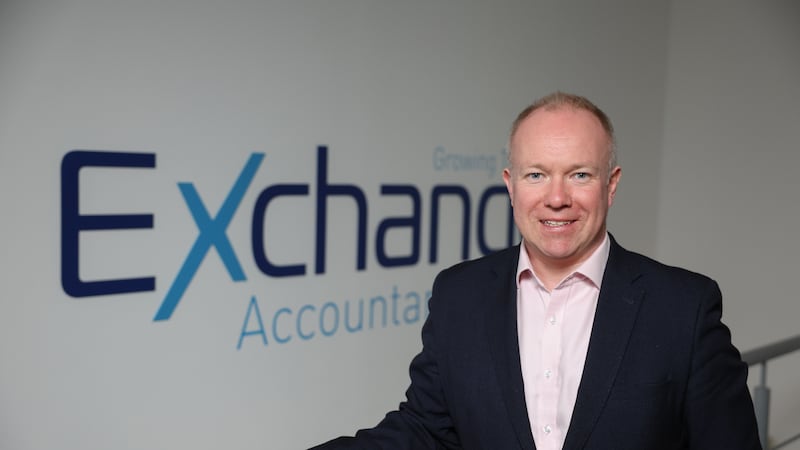BELFAST has been named the best of the devolved cities to live and work in as the pandemic has prompted a shift in the public’s priorities, according to the latest Good Growth For Cities Index compiled by business advisers PwC and think tank Demos.
The index, which has been running since 2012, ranks the UK’s largest cities based on people’s assessment of 12 key economic wellbeing factors including jobs, health, income and skills, as well as work-life balance, house affordability, travel-to-work times, income equality, environment and business start-ups.
For the first time, two new indicators - safety and the high street - have been added to the index.
The economic growth analysis takes into account a city’s sectoral make-up, the impact of the use of the furlough scheme to protect jobs, and rates of Universal Credit claims, Covid infection and mobility rates to estimate GVA growth for 2021 and 2022.
And as well as coming above Edinburgh, Cardiff, Aberdeen, Swansea and Glasgow, Belfast was placed 11th out of 50 UK cities.
Strong overall scores were driven by high scores for work-life balance, commute times and house price to earnings. It was also significantly above average for employment and income distribution. The measurement with the biggest improvement since the previous index was the creation of new business start-ups.
The report also noted significant recent investments in funding innovative R&D industries as examples of a holistic approach to improving the overall wellbeing factor.
It highlighted increasing residential accommodation in the city centre and neighbourhood projects such as the £105 million poured into upgrading leisure centres.
Dr David Armstrong, a partner at PwC in Northern Ireland, said: “We’re seeing Belfast on the cusp of a very exciting time, where it's starting to reap the rewards of collaboration and innovation. The challenges remain, but this report once again proves how working together for a shared goal benefits us all.
“The report highlights how Belfast is set to benefit not from the narrow pursuit of one ambition for people here but from a variety. The impact of the 10-year cultural programme, the economic impact of the £1bn investment through the Belfast Region City Deal and the Bolder Vision for Belfast plan to create inclusive and sustainable growth has the potential to be transformative.
“Belfast’s strengths lie in its rich tapestry of opportunities that appeal not only to those who already live here but also those looking to start or grow their businesses or careers. There are many examples of this, not least PwC’s own decision to open our new office last year and for the UK firm to select it as the base for its technology centre, which speaks volumes about the confidence we have in the talent in Northern Ireland and the businesses that are already here.”
Challenges were identified around the potential economic impact of Covid 19, with the region experiencing growth of 6.4 per cent, which was below the UK average of 7.3 per cent in 2021. Its estimated growth rate of 4.2 per cent this year is also below the UK average of 5.1 per cent.
Karen Finlayson, regional lead for government and health industries at PwC, said: “Every individual city or two will face its own unique set of challenges and priorities that will need to be addressed through innovative, imaginative and tailored solutions.
“The provincial towns and cities that are currently performing strongly will now have a different set of needs than larger metropolitan cities, some of which have experienced a period of poor growth.
“The growth we’re seeing in these areas, combined with changing priorities among the public, presents us with a golden chance for a big reset; this is a generational opportunity to accelerate the levelling up agenda.
“We must capitalise on the growth we’re seeing outside of our larger cities, which is driven in part by an increased focus on wellbeing and fairness, but there is only a small window to act, otherwise we risk drifting back to the status quo.”








